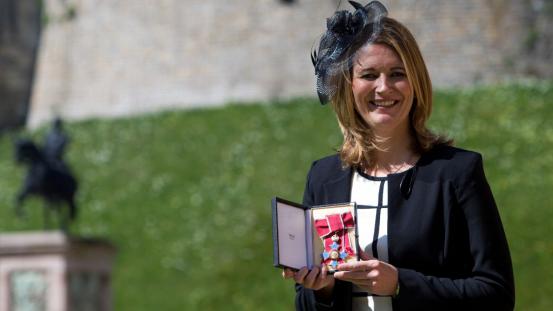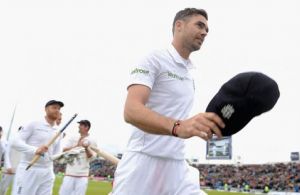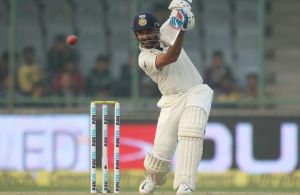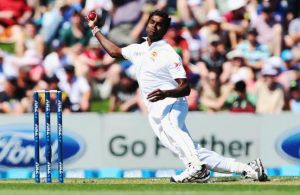- Commissioner’s statement on Ventura, Marte
- Ronnie O’Sullivan: Masters champion ‘felt so vulnerable’ in final
- Arron Fletcher Wins 2017 WSOP International Circuit Marrakech Main Event ($140,224)
- Smith challenges Warner to go big in India
- Moncada No. 1 on MLB Pipeline’s Top 10 2B Prospects list
- Braves land 2 on MLB Pipeline’s Top 10 2B Prospects list
- Kingery makes MLB Pipeline’s Top 10 2B Prospects list
- New Zealand wrap up 2-0 after Bangladesh implosion
- Mathews, Pradeep, Gunathilaka to return to Sri Lanka
- Elliott hopes for rain for Poli
‘There was hunger to carry on but it’s not to be’ – Edwards
- Updated: May 11, 2016

Charlotte Edwards has announced her international retirement, bringing an end to a 20-year career, in which she captained England for ten and became one of the most influential women in British sport.
Edwards, who will continue playing at domestic level including the forthcoming first edition of the Women’s Super League, took the decision following England’s 2016 World T20 campaign, where they went out in the semi-finals against Australia.
The exit was followed by strong criticism by Robinson about the team’s lack of fitness and, having declined at the time to confirm that he would endorse Edwards continuing as captain, has now made it clear she is not part of his future plans. She had previously hoped to continue until at least the 2017 World Cup, which will be staged in England.
Her retirement genuinely marks the end of an era. Not only has Edwards, the state school girl from Huntingdon, set a host of records – no woman has scored more ODI or T20I runs – and won just about every series available – the World T20, the World Cup and the Ashes five times – but she has been at the forefront of the move into professionalism and modernity.
In fact, the term BC could easily be used to mean ‘Before Charlotte’.
In a career stretching back 20 years – John Major was Prime Minister in 1996 when Edwards first played for England – she became the first woman to join the MCC World Cricket Committee, won a CBE, was made one of Wisden’s Cricketers of the Year and became the first player, male or female, to captain England in 200 internationals. Her achievements are immense. She has been a cricketing pioneer. The word “inspiration” crops up often when she is mentioned.
Recognising, like her mentor Clare Connor, that those who rock the boat at the ECB tend to be thrown overboard, Edwards has made progress through quiet persuasion and her own example. Her excellence insisted upon respect and recognition. Her bat did the talking; her example set the standard. She made it easier for other young women to become professional cricketers. All who follow will owe her much.
She referred to the past week, during which she weighed up the decision to retire, as “the hardest of her life” and at one stage broke down during her retirement press conference. But there’s nothing wrong with that. To have retained such passion for the game despite 20 years of hotel rooms, airports, shuttle runs and knees now held together with bit of string and a sense of habit, is admirable in itself.
But it is not the on-field records that she most values.
“My personal record and team record stands for nothing, really,” she said. “But being a role model for young girls… I did not have a female role model as a cricketer growing up so to think I have done that is really special to me.
“I started playing in …
continue reading in source www.espncricinfo.com



